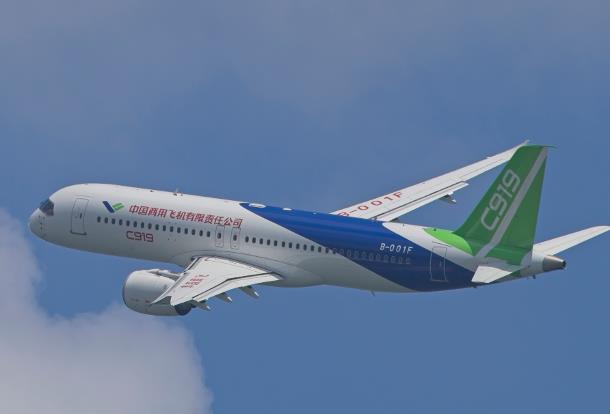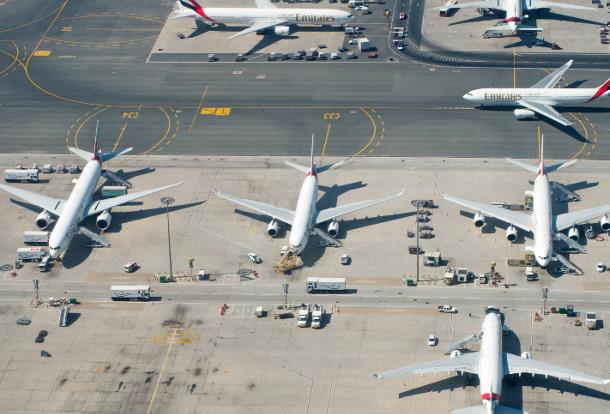China Eastern Airlines and Air China have recently taken the lead to simplify inflight meal services, such as serving snacks and cold food instead of a full hot meal, which causes grumbling among passengers. China Southern Airlines, on the other hand, offers passengers the option to book a “Green Flight” without in-flight meal service, in exchange for mileage rewards for redeeming flights or upgrades.
Xiaohong Gu, deputy director of the Civil Aviation Administration of China's general affairs department, recently said at a press conference in Beijing that serving a full meal in short-haul flights was challenging, while canceling or simplifying meal service could contribute to passenger and crew safety.
The costs of in-flight meals were going up, accounting for 3.52%, 3.49% and 3.08% of the total operating costs for China Southern Airlines, Air China and China Eastern Airlines respectively, according to the carriers’ financial reports for the first half of 2019.
While downsizing in-flight meals can help airlines reduce costs somewhat, the impact will be minimal for a cost item constituting less than 4% of the total costs.
The point of downsizing meal service, for the big airlines, lies in preparing the mindset for embracing the “fare family” airfare strategy.
Zhanfu Yu, global partner of Roland Berger, said that cutting down on meals creates opportunities for airlines to adopt the fare family strategy. If the change in inflight meal service is well executed, it could help increase airlines’ revenues. On the flip side, airlines could suffer bad press about their service and brand reputation.
Fare family is a win-win practice for carriers and passengers in the long run, as it lets travelers buy tickets based on their needs.
However, Mr. Yu believes that fare family is a double-edged sword. To avoid backlash from passengers who baulk at paying the same fare for fewer privileges, airlines should take the initiative to lower fare accordingly. (Translated by Elena)




